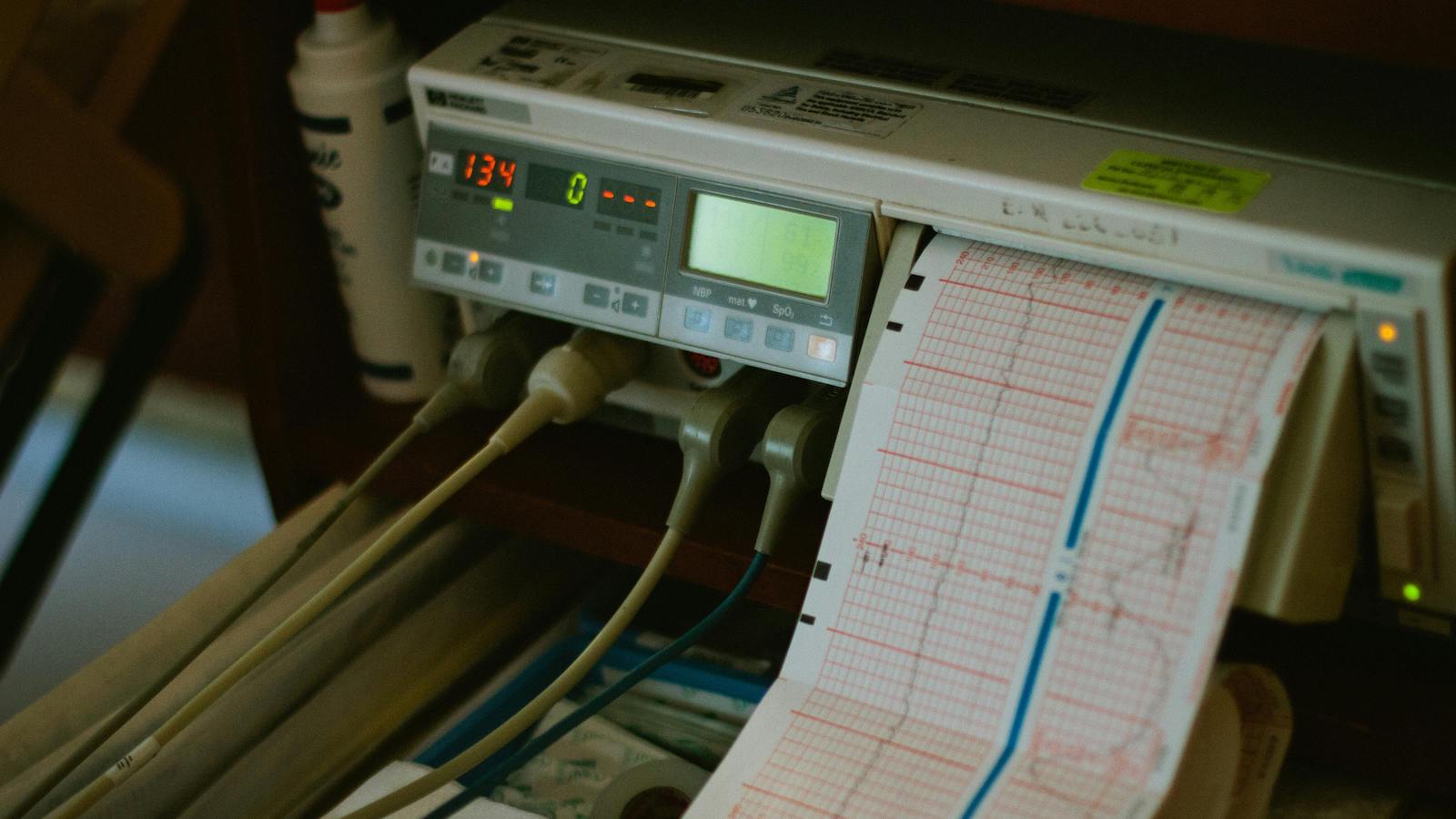According to the Centers for Disease Control and Prevention (CDC), here are the numbers of annual deaths in the U.S. from leading causes:
- Heart disease: 695,547
- Cancer: 605,213
- Accidents (unintentional injuries): 224,935
- Stroke (cerebrovascular diseases): 162,890
- Chronic lower respiratory diseases: 142,342
- Alzheimer’s disease: 119,399
- Diabetes: 103,294
- Chronic liver disease and cirrhosis: 56,585
- Nephritis, nephrotic syndrome and nephrosis: 54,358
While we cannot prevent death itself, we can certainly make strides in reducing the mortality rate for many of these leading causes of death by harnessing the power of data science. The intersection of data science and public health is catalyzing transformative advancements, reshaping the healthcare landscape.
Key developments include improvements in disease prevention, health surveillance and delivery models. Data science's multifaceted impact on public health ranges from evolving methodologies and integration of diverse data sources to improved decision-making processes. Data science can highlight areas for intervention at a population level — such as identifying regions with high prevalence of a disease or areas lacking in healthcare resources. This can lead to more targeted prevention campaigns and healthcare strategies.
The advent of machine learning, artificial intelligence and other data science methodologies have revolutionized public health by enabling analysis of complex, large-scale data sets. These techniques extract meaningful insights from various sources ranging from electronic health records, genomics and wearables to social media, enhancing our ability to predict diseases, detect them early and provide personalized medicine.
Predictive models, clustering algorithms and natural language processing have accelerated research and facilitated precise, tailored public health interventions. Applying machine learning algorithms to patient profiles can help make predictions about patients' health trends, automate routine tasks and even provide diagnosis based on the profile inputs, enhancing the overall interaction and engagement with patients. While it’s unlikely we will fully eradicate all these causes of death, leveraging data science can help us make significant strides in understanding, preventing, and effectively treating these diseases, ultimately improving quality of life and extending longevity.
See also: Maximizing AI's Impact in Group Insurance
Benefits
Patient Engagement: Data science tools can monitor a patient’s health in real time, allowing healthcare providers to engage patients by providing feedback and health tips. This helps improve health outcomes and patient satisfaction.
Improved Communication: Patient interaction can be significantly improved with email reminders for appointments or regular check-ups, notifications for medication schedules and detailed explanation of their treatment plans.
Automation of Routine Tasks: AI can automate routine administrative tasks such as data entry, appointment scheduling and billing, which frees healthcare professionals to focus on patient care. This results in cost savings in terms of labor hours and reduces human error.
Predictive Analytics: AI can analyze patient data to predict health trends, prevent disease onset and determine the most effective treatments. This not only improves patient outcomes but can also decrease costs associated with unnecessary treatments or late interventions.
Improved Diagnostics: AI can be used to analyze images and diagnostics tests more quickly and accurately than humans can. This speeds up the diagnostic process, decreases the need for repeat tests and can get treatments started earlier, all of which lead to cost savings.
Patient Monitoring: AI systems can monitor patient conditions in real time, reducing the need for hospital admissions or lengthy hospital stays and minimizing the risk of readmissions, creating considerable savings.
Drug Discovery: AI can speed the process of drug development and clinical trials, which are typically costly and time-consuming. By being able to analyze vast amounts of data quickly, AI can identify potential treatments faster and cheaper.
Precision Medicine: AI can help create treatment plans customized to each patient's specific needs based on their genetics, lifestyle and other factors. This results in more effective care and can prevent the use of expensive, unnecessary treatments.
Supply Chain Management: In healthcare facilities, AI can predict the need for resources such as hospital beds, medical equipment or even staffing. This allows for better usage and planning, reducing waste and associated costs.
Telemedicine: AI-driven telemedicine platforms can decrease unnecessary hospital visits by providing virtual consults for non-emergency cases or regular follow-ups.
See also: Why Becoming Data-Driven Is Crucial
Data Integration:
Data science has greatly improved our ability to integrate diverse data sources, leading to more comprehensive insights into health determinants and outcomes.
The use of data science in public health also favors the integration of traditionally siloed data sources ranging from clinical data to socio-economic and behavioral data.
By combining clinical, environmental, socio economic and behavioral data, researchers can take a holistic approach to public health. As a result, professionals can identify socio-demographic disparities, spot environmental risk factors faster and evaluate intervention effectiveness more accurately. Through real-time monitoring and analytics, health practitioners can respond promptly to health threats and implement evidence-based interventions more effectively.
Despite these advantages, data science's use in public health does present ethical considerations and challenges. Safeguarding privacy, ensuring data security and addressing algorithmic bias needs careful consideration to ensure equitable distribution of data science benefits across diverse populations. Establishing strong ethical frameworks, using data responsibly and communicating transparently are important for fostering public trust and upholding ethical principles.
Data science plays a crucial role in shaping public health policies and strategies. Decision support systems powered by data science aid in evidence-based policy formulation, optimized resource allocation and streamlined healthcare delivery. Examination of case studies where data-driven insights informed successful public health interventions highlight the effectiveness of this approach. Integrating data science into public health governance opens avenues for innovative approaches to tackle challenging health issues.
Collaboration and interdisciplinary partnerships emerge as pivotal themes, with the need for synergies among data scientists, epidemiologists, healthcare professionals, policymakers and communities being emphasized. Successful collaborations have led to the development of robust data infrastructures and empowered communities through participatory approaches. Democratic access to data science tools and knowledge is key to building a resilient public health ecosystem.
In conclusion, it's clear that data science tools are critical in public health, revolutionizing research methodologies, enhancing decision-making processes and informing policy formulation. This article serves as a road map for researchers, practitioners and policymakers to harness the full potential of data science for global health betterment.








